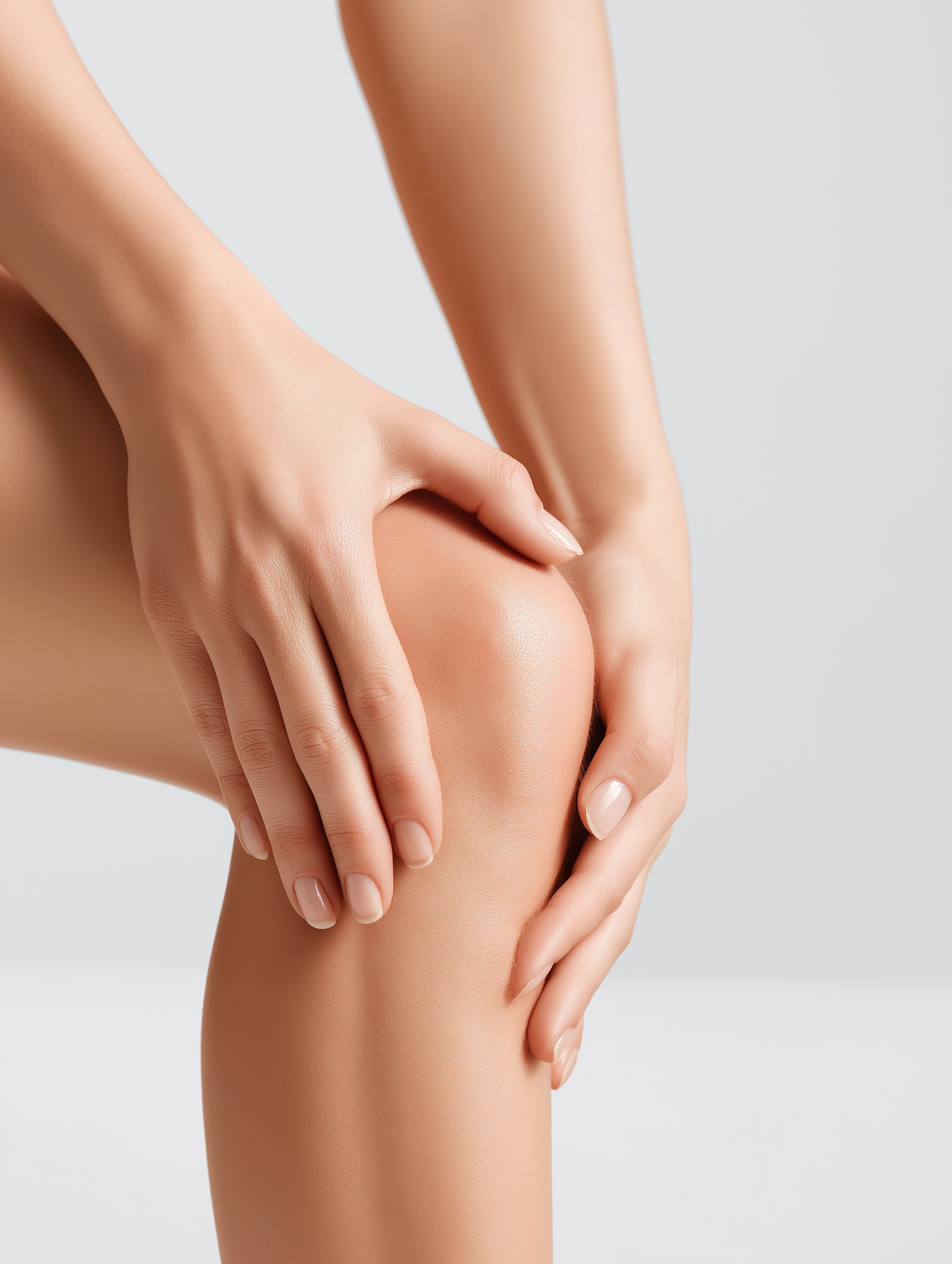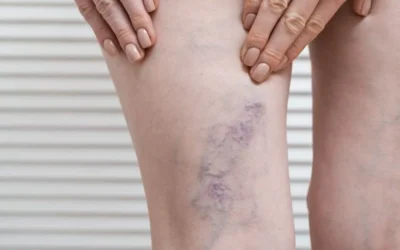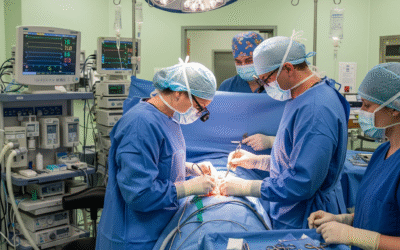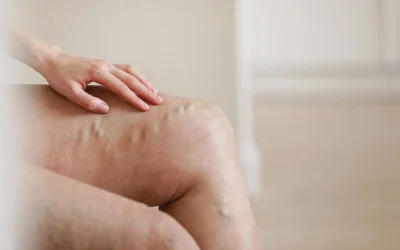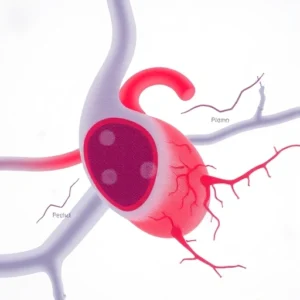
In Ecuador, vascular health is a growing concern, and vascular surgery plays a crucial role in the treatment of various conditions affecting arteries, veins, and lymphatic vessels. Dr. Juan Carlos Peralvo, a recognized specialist in vascular and endovascular surgery, offers advanced solutions to improve the quality of life of his patients. Learn more about his services here.
What is Vascular Surgery?
Vascular surgery is a surgical specialty that focuses on the diagnosis, treatment, and prevention of diseases affecting the vascular system. This includes conditions such as:
* Peripheral artery disease (PAD): This condition, characterized by the narrowing of the arteries in the extremities, can cause pain, cramping, and, in severe cases, amputation. Early diagnosis and appropriate treatment are essential.
* Aneurysms: Abnormal dilations of the arteries, such as abdominal aortic aneurysm, which can rupture and cause potentially life-threatening hemorrhages.
* Venous disease: Includes varicose veins, deep vein thrombosis (DVT), and chronic venous insufficiency.
* Vascular access for dialysis: Creation and maintenance of access for patients with chronic kidney failure.
* Cerebrovascular disease: Such as carotid artery disease, which can cause strokes.
Common Procedures in Vascular Surgery
Dr. Peralvo and his team in Ecuador use a variety of techniques, including:
* Open surgery: To repair or replace damaged blood vessels.
* Endovascular surgery: A minimally invasive approach that uses catheters and stents to treat vascular conditions from within the vessels.
* Varicose vein treatment: Includes sclerotherapy, radiofrequency ablation, and vein surgery.
Postoperative Care and Recovery
Recovery after vascular surgery varies depending on the procedure and the patient’s condition. However, some general tips include:
* Following the doctor’s instructions: It is crucial to take prescribed medications, attend follow-up appointments, and follow recommendations on physical activity and diet.
* Managing pain: Postoperative pain can be controlled with analgesics.
* Caring for incisions: Keeping incisions clean and dry to prevent infection.
* Gradually performing physical activity: Walking and performing light exercises can help improve circulation and speed recovery.
For more information on specific postoperative care, consult Mayo Clinic recommendations.
Prevention of Vascular Diseases
Prevention is key to maintaining good vascular health. Some important tips include:
* Maintaining a healthy diet: Rich in fruits, vegetables, whole grains, and low in saturated fats and cholesterol.
* Exercising regularly: At least 30 minutes of moderate physical activity most days of the week.
* Controlling weight: Maintaining a healthy weight can reduce the risk of vascular disease.
* Quitting smoking: Smoking damages blood vessels and increases the risk of vascular disease.
* Controlling blood pressure and cholesterol: Perform regular checkups and follow your doctor’s recommendations.
* Controlling diabetes: Keeping blood sugar levels under control if you have diabetes.
If you experience symptoms such as leg pain, swelling, changes in skin color, or non-healing wounds, it is important to seek immediate medical attention. In Ecuador, Dr. Juan Carlos Peralvo and his team are committed to providing the best care in vascular surgery. Contact us today to schedule a consultation.

